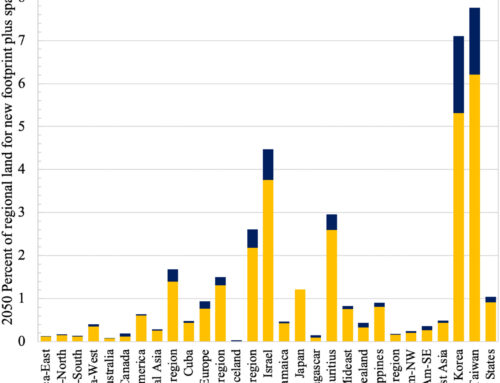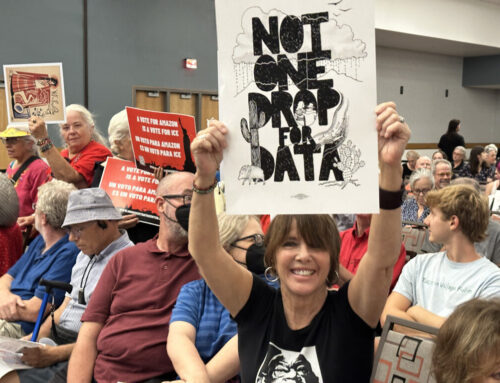National environment week underway
June 6, 2025
TEHRAN – The national environment week is being observed from June 6 to 12 under the theme ‘Favorable environment, commitment of officials, participation of people’.
This year’s theme emphasizes that preserving the environment requires the cooperation of dedicated officials and individuals. According to the Department of Environment (DOE), the week aims to raise public awareness, promote social responsibility, and sustainable planning.
It serves as a reminder of our shared responsibility to protect the Earth; an opportunity to review our behavior, reform policies, and strengthen the culture of nature conservation. In a time when environmental crises such as climate change, air pollution, degradation of natural resources, and loss of biodiversity pose a greater threat to life on Earth than ever, a change in attitude, public participation, and national determination is needed to protect the environment.
The days of the week are named as follows.
Friday, June 6, ‘Waste management and combating plastic pollution’
Saturday, June 7, ‘Training, public participation, social responsibility’
Sunday, June 8, ‘From preserving wetlands to flourishing seas’
Monday, June 9, ‘Biodiversity: national asset’
Tuesday, June 10, ‘Environmental protection, investment in production’
Wednesday, June 11, ‘Environmental governance and accountability of officials’
Thursday, June 12, ‘Environment and modern technologies’
Led by the United Nations Environment Programme (UNEP), World Environment Day is celebrated on June 5 every year since 1973. It is the largest global platform for environmental public outreach and is celebrated by millions of people across the world.
Themed ‘Beat plastic pollution’, the 2025 World Environment Day called for action to tackle plastic pollution. World Environment Day spotlights the growing scientific evidence on the impacts of plastic pollution and drives momentum to refuse, reduce, reuse, recycle, and rethink plastics use to build a cleaner and more sustainable future.
More than 400 million tons of plastic are produced every year worldwide, half of which is designed to be used only once. Of that, less than 10 per cent is recycled.
An estimated 11 million tons end up in lakes, rivers, and seas annually. That is approximately the weight of 2,200 Eiffel Towers all together. Micro-plastics – tiny plastic particles up to 5mm in diameter – find their way into food, water, and air. It is estimated that each person on the planet consumes more than 50,000 plastic particles per year, and many more if inhalation is considered.
Discarded or burnt single-use plastic harms human health and biodiversity and pollutes every ecosystem from mountain tops to the ocean floor. With available science and solutions to tackle the problem, governments, companies, and other stakeholders must scale up and speed up actions to solve this crisis.
Need for public participation
According to Shina Ansari, the head of the Department of Environment (DOE), no single organization will be able to successfully preserve the environment on its own; environmental issues will be best addressed through public participation.
“There are many environmental challenges in habitats, wildlife, and wetlands which can not be tackled just by the efforts and measures of the Department of Environment,” IRIB quoted Ansari as saying.
The official made the remarks at the closing ceremony of the 22nd international environmental exhibition which was held from December 18 to 22, 2024.
According to the Constitution, protecting the environment is everyone’s responsibility, Ansari added.
She went on to call for assistance and cooperation from different strata, organizations, economic sectors, activists, as well as government bodies like ministries of education, agriculture, and foreign affairs.
To be able to preserve the environment, we need to recognize it as one of our main concerns, Ansari further noted.
The 22nd international environmental exhibition was held with the theme ‘public involvement, green economy, sustainable future’.
It focused on ‘economic environment, environmental economy’, to highlight the importance of social responsibility in protecting the environment.
It aimed to raise public awareness about environmental issues, provide an opportunity for the exchange of knowledge and experiences among experts, specialists, and environmental activists, and introduce and encourage the use of innovative solutions and advanced technologies to reduce fuel and energy consumption.
Preserving natural resources, fostering interactions and cooperation between institutions, organizations, and companies active in the field of environment and energy, promoting the concepts of sustainability and social responsibility among the people as well as encouraging environmentally friendly behaviors were among the other goals of the exhibition.
The event also sought to persuade industries, mining, and petrochemical units to support the preservation of plant and animal species and encourage them to take steps toward enhancing air quality.
MT/MG
Search
RECENT PRESS RELEASES
Related Post




